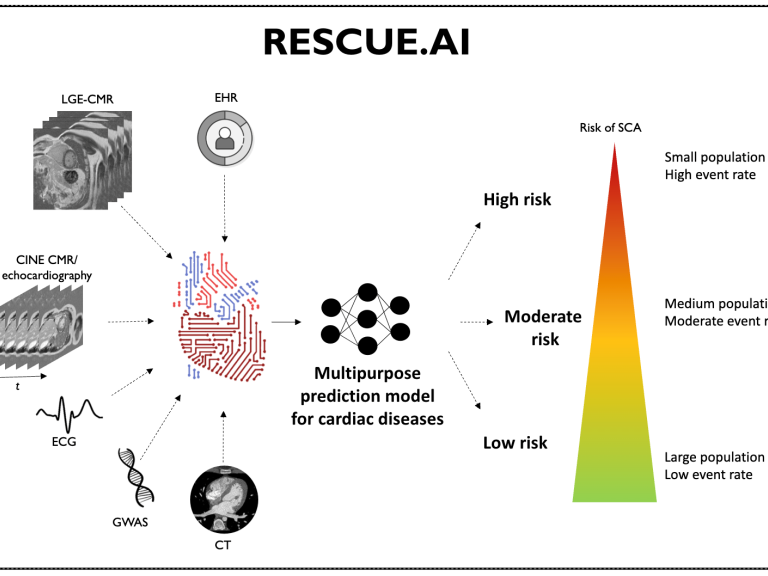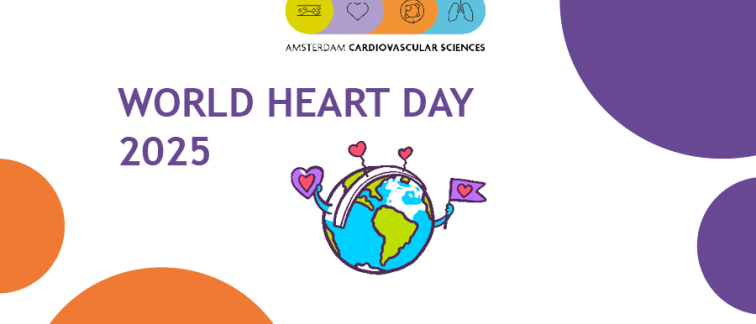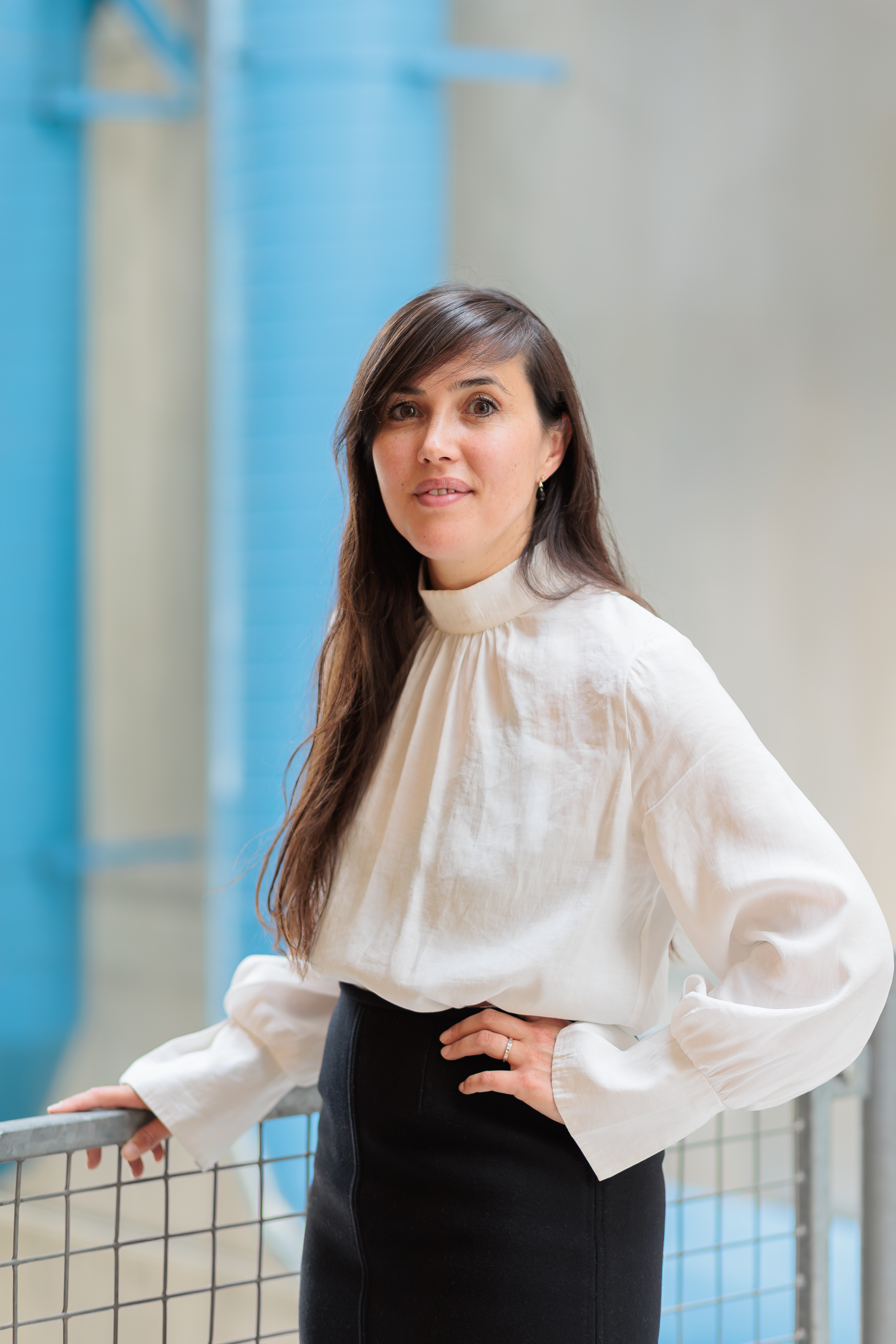This article is part of aspecial series by Amsterdam Cardiovascular Sciences (ACS) in celebration of World Heart Day. In this series, we highlight innovative research projects and collaborations that contribute to the prevention and treatment of cardiovascular diseases.
A Hidden Threat: Sudden Cardiac Arrest in Low-Risk Patients
Each year, 17,000 people in the Netherlands experience an out-of-hospital cardiac arrest (SCA). Alarmingly, about half of these cases - often affecting young people and athletes - occur without any prior signs of heart disease. The lack of available medical data on these so-called "low-risk" patients presents a major challenge for early disease prediction tools.
Harnessing AI for Better Risk Prediction
Novel innovations in artificial intelligence (AI) offer promising solutions to this challenge. By learning patterns from large datasets, AI can enhance easy-to-use tools such as ECGs with insights gained from other cardiac diagnostic modalities, potentially improving early detection and prevention of SCA.

Collaboration and Real-World Impact
With a unique cohort of over 200,000 patients and a strong focus on real-world data, RESCUE.AI exemplifies translational research with direct clinical impact. The project is made possible through top-tier collaborations between Amsterdam UMC, University of Amsterdam, ETH Zürich, and Stanford University, bringing together expertise from data science, clinical, and translational cardiology.


